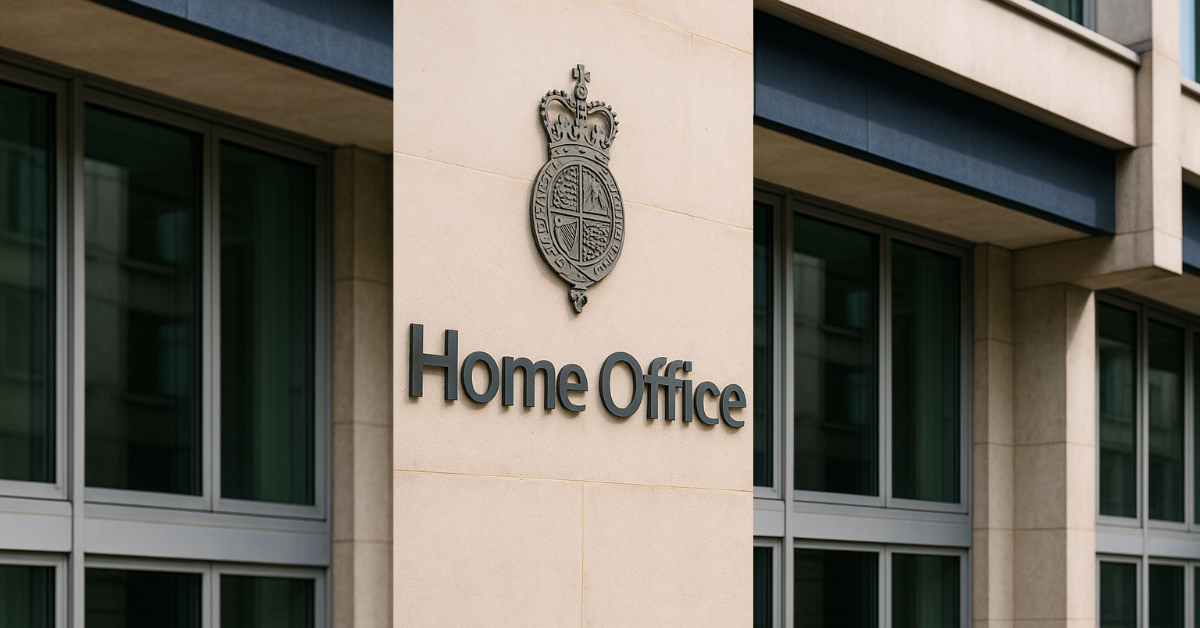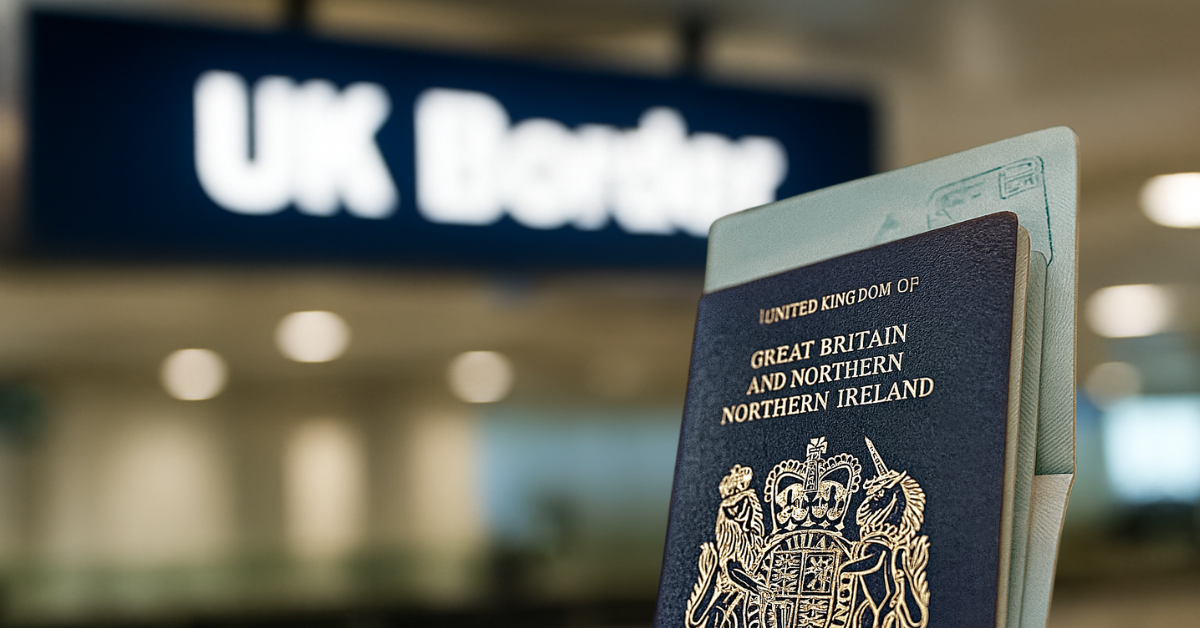
UK Immigration White Paper 2025 – Part 4: SOC Code Changes, Salary Threshold Increases & the New Temporary Shortage List (TSL)
Discover how SOC code changes and salary thresholds in the UK Immigration White Paper 2025 could reshape skilled worker sponsorship and graduate hiring.

Thal Vasishta
In the first three parts of our Immigration White Paper 2025 series, we explored how the UK Government’s proposed reforms will reshape the immigration and labour market landscape. We looked at sponsorship pressures, long-term settlement routes, and changes to employer compliance. In Part 4, we shift our focus to the emerging concerns among business leaders and academic professionals regarding salary threshold increases, SOC code reclassification, and uncertainty surrounding the future of the new entrant discount.
These changes, though aimed at reducing net migration and raising skill levels, risk triggering unintended consequences—including talent drain, increased offshoring, and reduced opportunities for international graduates.
📚 Haven’t read Part 1, 2 and 3? Start with: Part 1 – What the White Paper Means for Employers & Sponsors , Part 2 – Key Insights into the Direction of UK Immigration. and Part 3: Implications of the Proposed 10-Year Settlement Rule for Employers and Visa Holders
1. Offshoring and the Talent Drain in Tech and Engineering
With new salary thresholds surpassing entry-level pay in many key sectors, some employers in computing, engineering, and tech are warning that the UK may become a less viable destination for recruiting early-career talent. In these fields, where there is already a shortage of skilled workers, higher sponsorship costs and eligibility restrictions may encourage companies to consider offshoring roles to lower-cost regions.
This shift from local recruitment to offshore outsourcing poses a long-term risk to the UK economy, potentially reducing innovation capacity, creating unemployment, and weakening the domestic talent pipeline.
2. The Future of the New Entrant Discount and the Graduate Roadblock
Another major concern is the potential withdrawal or erosion of the new entrant salary discount, which currently allows sponsors to hire international graduates at a lower salary threshold. While no formal policy has yet confirmed its removal, the White Paper notes on page 25 that the Migration Advisory Committee (MAC) has been asked to review salary requirements, "including discounts, to ensure international recruitment is never a cheap alternative to fair pay." This suggests the new entrant discount is at risk.
Key concerns include :
• Regional pay gaps: Current going rate salaries are heavily influenced by London and South East benchmarks, making it difficult for regional employers to compete or qualify for sponsorship.
• Graduate programme disruptions: Post-April 2024, new entrant thresholds have in some cases exceeded the salaries businesses offer their UK-based graduate hires, rendering international graduate sponsorship unviable.
• Training pathway gaps: Some sectors rely on new entrant discounts in order to recruit internationals students to train in order to qualify into roles (e.g. trainee pharmacists, trainee opticians, trainee lawyers etc.). There may be the argument that without the new entrant discount, there may be no other scheme or visa route to enable international graduates to complete professional training and as such this will impact workforce planning, particularly with Graduate Route being reduced to 18 months.
Even if graduates are qualified and experienced in their home countries, they often begin their UK careers in lower-paid roles that do not meet the revised income threshold. This barrier disproportionately affects sectors that rely on fresh graduate talent and may lead to fewer sponsorship opportunities, ultimately making the UK less attractive to international students and early-career professionals.
3. SOC Reclassification and Disqualification of Graduate-Level Jobs
The reclassification of jobs under the Standard Occupational Classification (SOC) system is another area of concern. Some occupations traditionally viewed as graduate-level may no longer qualify for sponsorship if they are recategorized as lower-skilled or below RQF Level 6.
This is particularly relevant in fields like sales, HR, and marketing, where roles may not meet the required skill classification despite demanding high-level qualifications. As a result:
• Fewer roles may qualify for visa sponsorship
• Employers may struggle to fill essential positions with diverse talent
• Universities may face difficulties placing international graduates in the UK job market
Evidence-based advocacy will be key. Institutions and employers must highlight the contributions of graduates who have progressed into long-term roles and leadership positions, particularly where sponsorship was initially granted under the new entrant provisions.
4. What Should Employers and Universities Do Now?
While the reforms are not yet finalised, stakeholders have a valuable window to influence outcomes. We recommend the following actions:
For Universities:
• Collect case studies of international students who progressed from graduate roles to permanent positions in the UK
• Showcase success stories highlighting career advancement and economic contribution
• Feed this evidence into consultations and sector discussions
For Employers:
• Submit responses to the MAC consultation outlining business impact
• Highlight examples where the new entrant route enabled successful workforce integration
• Review salary structures and forecast future hiring gaps
• Consider alternative pathways and timing for graduate recruitment
Conclusion: A Defining Moment for UK Immigration Policy
The proposed changes to salary thresholds and job classifications risk creating a more restrictive and exclusionary immigration system. If not carefully implemented, they may push employers to offshore jobs and deter talented international graduates from launching careers in the UK.
Stakeholder feedback and data-driven advocacy will be critical in shaping a system that balances labour market integrity with economic growth and international competitiveness.
To learn more, catch up on Parts 1, 2, and 3.
Part 1: What the White Paper Means for Employers & Sponsors
Part 3: Implications of the Proposed 10-Year Settlement Rule for Employers and Visa Holders
💬 If you have questions about how these reforms may impact your organisation, Paragon Law is here to help.
🛑 The law applicable in this article is correct as of 13 June 2025. Immigration rules frequently change, and the information here may not reflect the latest legal position. For advice tailored to your specific circumstances, please contact us to arrange a consultation with our legal team.
Subscribe for updates

UK Immigration White Paper 2025 – Part 1: What the White Paper Means for Employers & Sponsors
Not ready to talk? Our free immigration resources may have the answer to your questions

Global Talent Visa: Eligibility, Requirements and Application Process

Border Security, Asylum and Immigration Act 2025 – What Employers Need to Know
.png)
UK Immigration Rule Changes 2025: Visa and Settlement Reforms Explained
%20What%20Sponsors%20Need%20to%20Know%20(1).png)
Upcoming Increase to the Immigration Skills Charge (ISC): What Sponsors Need to Know

Home Affairs Committee Launches Call for Evidence on Settlement Reforms

UK Immigration Rules 2025–2027: Key Visa & Policy Changes Explained

UK Immigration White Paper 2025: Visa & Settlement Rule Changes Explained

Home Secretary on UK Immigration: Settlement Rules & Border Control
.png)

